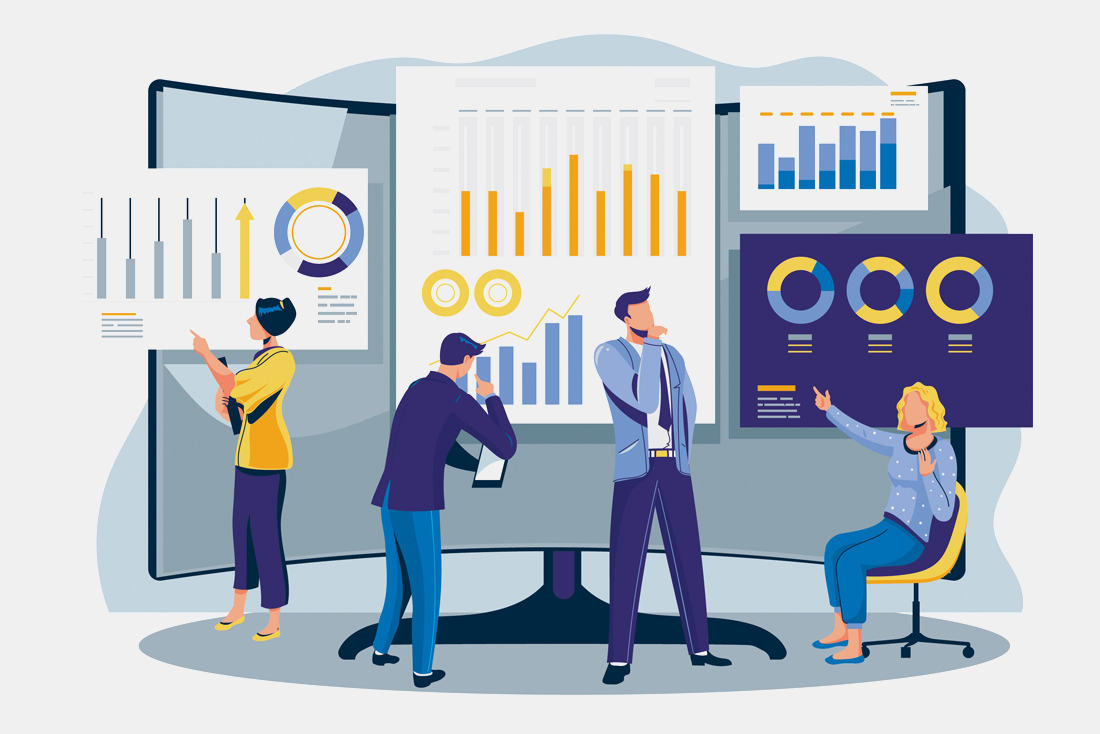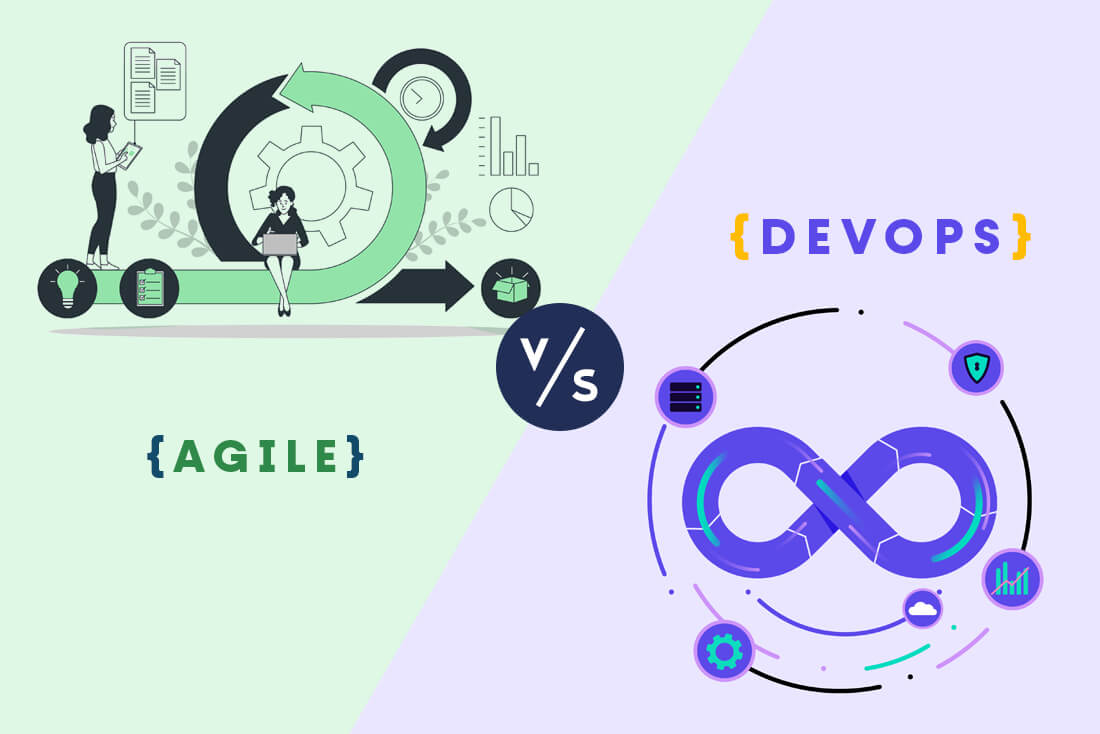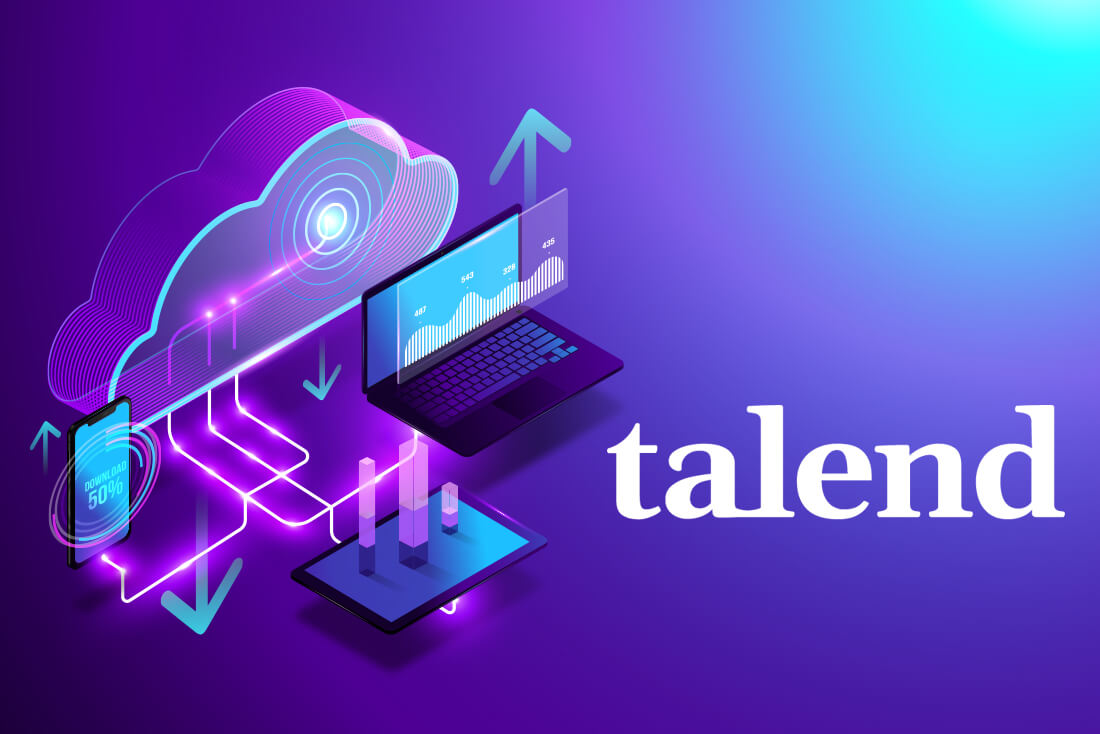
How Big Data Applications Can Impact Your Business?
- Technology
- July 01, 2024
- By Muhammed Saleem
We live in a world where data is generated at lightning speed rates. Each time you use social media to like your friend’s posts, perform an online transaction to purchase groceries, search for the ideal getaway for your next vacation, send a text to your friend, or do any other task digitally, you generate data about yourself and leave a trail of data. Likewise, actions performed by organisations also leave data footprints. As individuals and organisations continue to perform transactions, the volume of data keeps growing at a rapid speed. The astonishingly massive amount of data generated by the data trails or footprints is known as Big Data. This buzzword has swept all major realms by storm to help organisations make more informed business decisions.
Organisations collect data from a multitude of sources – social media, financial transactions, and so on. Organisations can analyse the large volume of data collected to better understand their customers, increase sales, make forecasts, and so on. The significance of big data has less to do with the sheer volume of data and more to do with how effectively it is used to make informed business decisions.
The term “Big Data” refers to large and complex unprocessed data that is difficult to process using conventional methodologies. Big Data is characterised by the three Vs:
- Volume refers to the tremendous amount of data that exists, which is astronomical.
- Velocity depicts the sheer speed at which sources generate big data every day.
- Variety refers to the different types of data that is generated every day from myriad sources.
This characteristic makes big data complex. Big data comes in a multiplicity of data types which may be structured or unstructured such as data in traditional databases, videos, text files, audios, emails, images, XML documents, financial transactions and other data types.
There are three different types of big data – structured, unstructured, and semi-structured. Structured data is the organised and formatted data which is easy to collect and analyse such as spreadsheets and databases with relational keys. Unstructured data includes data which is harder to organise such as audios, images, videos and so on. Semi-structured data is the data that is in between structured and unstructured such as data stored in an XML file or email.
Below we have listed the ways in which big data applications can impact your business.
1. Deeper understanding
An organisation can acquire deeper insights into industry trends and an unbiased view of how the business runs with detailed analysis of big data. The information obtained from the analysis of big data can help identify the company's strengths and vulnerabilities. Also, big data may reveal opportunities for the organisation that might otherwise go unnoticed. Big data offers insight into customer behaviour, enabling market plans to be fact-based. Also, it enables organisations to forecast and plan future activities.
2. Smarter decisions
Decisions made by organisations no longer need to be based solely on instincts or assumptions. Organisations can now make smarter and strategically thought-out decisions quickly by interpreting big data. For this to happen, everyone in the organisation must be provided with the access to data that they need to enhance decisions. With the aid of big data tools such as Spark, Hadoop, NoSQL databases like MongoDB Atlas, and visualisation tools like MongoDB Charts, organisations can gain faster insights and big data solutions. These tools enable users to work with data without delving into the technical know-how. This facilitates data-driven decision-making for businesses.
3. Revenues and profits
Big data can be monetised to increase revenue and profits by improving existing products and creating new products that are based on proven customer needs. Revenue and customer experience are closely tied. American Express engages with parties on both sides of a transaction: businesses and their customers. Amex is now using the data produced by these transactions to improve relationships between the businesses and their customers. For instance, its merchant services now offer online benchmarking and trend research tools to help companies perform an analysis and compare themselves with their rivals and identify trends in their market. In terms of Amex’s financial results, it has encouraged more companies to take Amex, which results in more transactions and income.
4. Capex and Opex
Revenue and profitability are inextricably linked to CapEx and OpEx because they have a direct impact on how an organisation operates and how business choices are made. Consider a plant asset that frequently experiences downtimes, which subsequently results in lower production. The plant engineer wants to understand the root cause of the failures and puts measures in place to foresee these failures. The information may be obtained from the asset performance logs. Using analytics, this vast amount of data can be evaluated to determine how frequently downtimes occur. Based on this evaluation, appropriate preventive measures can be performed.
5. Customer experience
Using big data, organisations can analyse the world from the perspective of the customer. With the information obtained from the data analysis, businesses may comprehend and foresee the needs of their customers. Your organisation can accurately modify and improve the marketing strategies. Big data has the power to improve customer relationships, enhance the customer experience, and increase customer satisfaction. A useful example is the well-known on-demand music providing platform, Spotify. This platform uses Big Data Analytics to gather information from its users across the world, and then uses the analysed data to personalise the experience by recommending music and podcasts to each user. Big data can definitely help businesses create stronger customer relationships.
- January 21, 2025
Accelerate Your Journey to ROI with Low-Code Development
- November 26, 2024
Microservices Architecture: An alternative to monoliths
- August 02, 2024
Agile vs DevOps: A Detailed Comparison
- June 22, 2024
Enhancing Efficiency of Big Data Projects with Talend
- July 01, 2024






